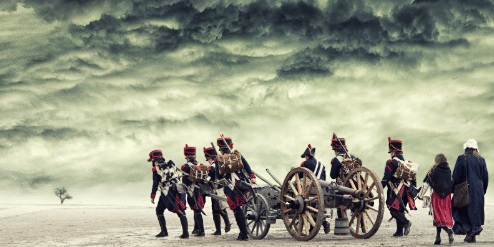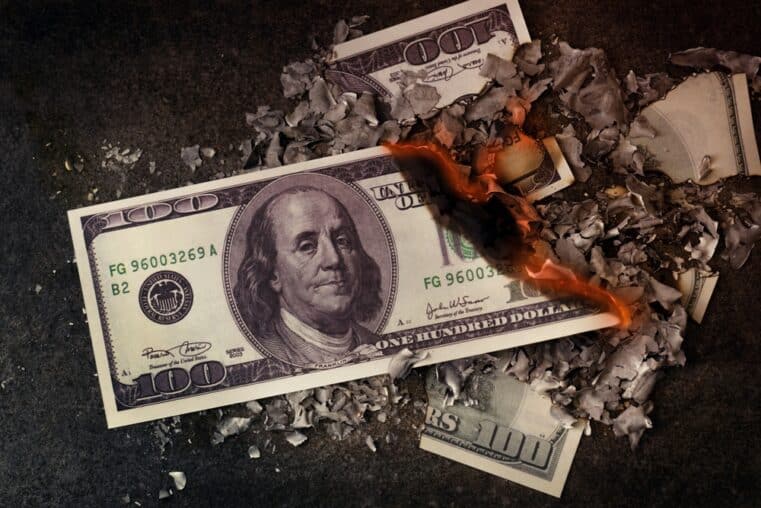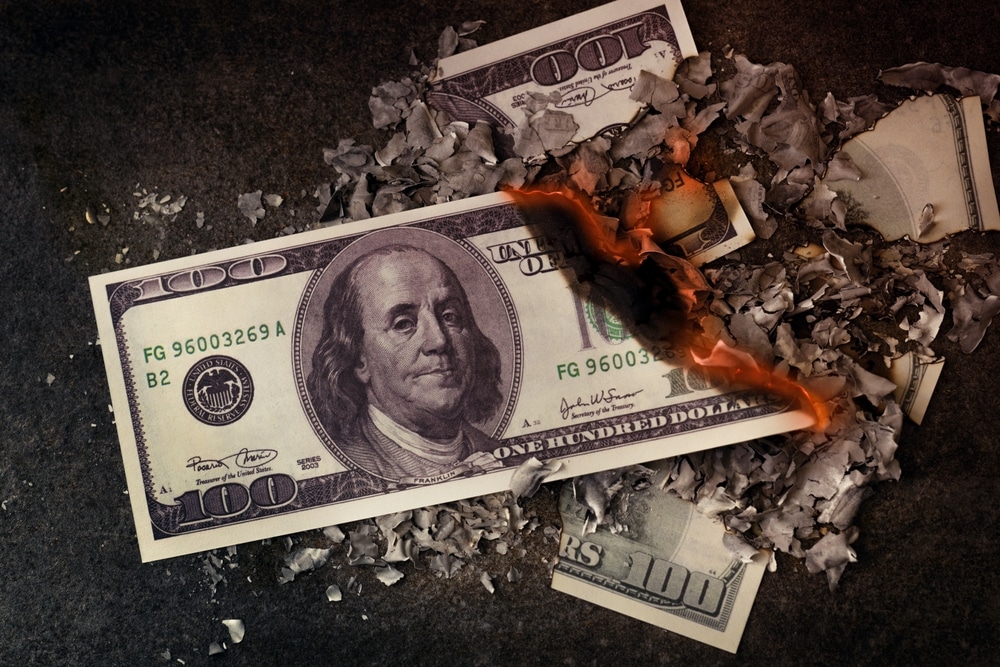
Trump vs. China: What Napoleon’s Austerlitz Can Teach Us About Economic Warfare
The year was 1805. The fields of Austerlitz, blanketed in fog, set the stage for one of history’s greatest military upsets. Napoleon Bonaparte, seemingly outnumbered and retreating, faced the combined might of Austria and Russia.
The Allied forces thought they had him cornered. They saw his thinning lines and apparent retreat from the strategic Pratzen Heights as a sign of desperation. Smelling victory, they launched their attack.
But what came next shattered their confidence. Napoleon unleashed a devastating counteroffensive. His forces split the Allied army in two, driving thousands onto a frozen lake. Then, in a dramatic coup de grâce, French artillery rained fire, shattering the ice and sending entire regiments plunging to their doom.
The “Battle of the Three Emperors” wasn’t just a display of force—it was a masterpiece of strategy, deception, and long-term planning.
Now, fast-forward to today. The fog of war isn’t on a battlefield; it’s in boardrooms, supply chains, and global markets. The U.S.-China trade war is the modern equivalent of Austerlitz, and the weaponry of choice isn’t cannonballs, but tariffs, currency devaluations, and supply chain maneuvers.
Tariffs: Trump’s Opening Gambit
In 2018, Donald Trump slapped tariffs on Chinese goods, much like the Allied forces’ initial charge at Austerlitz. His aim? To weaken China’s economic dominance and bring manufacturing back to America.
At first, it seemed to work. Chinese exports stumbled, their stock markets wobbled, and Beijing scrambled to contain the fallout. But like Napoleon retreating to lure his enemies into a trap, China wasn’t as vulnerable as it appeared.
China’s Counteroffensive
China had been preparing for this economic clash for years, just as Napoleon prepared his army for Austerlitz. President Xi Jinping shifted tactics, flooding emerging markets with cheap goods and devaluing the yuan to make Chinese products more affordable abroad.
This move was a masterstroke. Currency devaluation acted like Napoleon’s cannon fire on the frozen lake, destabilizing U.S. manufacturers and forcing competitors to operate on China’s terms. The infamous “China price” became Beijing’s most potent weapon, undercutting rivals and tightening its grip on global industries.
China also diversified its trade partnerships and poured resources into its manufacturing base, creating a buffer against U.S. economic pressures. In short, Beijing played the long game—something the U.S. hasn’t been great at lately.
The Risks of Overconfidence
Trump’s strategy, for all its boldness, underestimated China’s resilience. The belief that tariffs alone could cripple Beijing’s economy echoes the Allies’ overconfidence at Austerlitz. The U.S. has relied heavily on the dollar’s dominance and underestimated China’s capacity to adapt, retaliate, and reshape the global economic landscape.
The U.S. finds itself stretched thin, much like the Allies who overextended their forces. Political division, an over-reliance on financial markets, and neglected domestic manufacturing have left America vulnerable.
Meanwhile, China has exploited every weakness, from supply chain dependencies to global demand for cheap goods.
Napoleon’s Lessons for Trump
If Napoleon could offer advice to Trump, here’s what he might say:
- Know Your Enemy’s True Strengths and Weaknesses.
Napoleon studied his enemies meticulously, understanding their strengths and exploiting their blind spots. Similarly, the U.S. must stop relying on outdated assumptions about China. It needs a clear-eyed assessment of Beijing’s economic strategies and vulnerabilities. - Avoid Overextension.
Napoleon knew that spreading his forces too thin was a recipe for disaster. For the U.S., this means strengthening its own economy before taking on China. Rebuilding domestic manufacturing, securing critical supply chains, and forging strong alliances with like-minded nations should be top priorities. - Be Patient and Strategic.
Timing is everything. Napoleon waited for the perfect moment to strike, and Trump must do the same. Tariffs alone won’t be enough. America needs a long-term plan to compete with China’s strategic investments and currency maneuvers. - Prepare for Short-Term Pain.
Reshaping global supply chains and reducing dependency on Chinese goods won’t be painless or immediate. But it’s necessary for long-term stability. - Avoid Hubris.
Napoleon’s brilliance lay in his ability to anticipate his enemies’ overconfidence and use it against them. Trump must avoid falling into the same trap, believing that America’s economic dominance is unshakable.
Economic War on Thin Ice
At Austerlitz, Napoleon turned the tide with a single decisive move: collapsing the ice under the Allied forces. In the trade war, one misstep—be it an overreliance on tariffs, underestimating China’s control of supply chains, or ignoring domestic vulnerabilities—could shatter America’s position in the global economy.
The fog of economic war is as deceptive as the fog of battle. It’s easy to misjudge the opponent’s strengths or underestimate their ability to adapt. Both Trump and Xi Jinping are playing high-stakes games on thin ice, and the winner will be the one who plans several moves ahead.
As Napoleon famously said, “Victory belongs to the most persevering.”
Let’s hope America is up for the challenge.
To learn more about protecting your wealth in uncertain times, download Bill Brocius’ eBook, Seven Steps to Protect Yourself from Bank Failure. Don’t wait until it’s too late. Click here to download.
And don’t forget to subscribe to Dedollarize’s newsletters for the latest insights! Sign up here.










